- Overview
- Symptoms
- Risks, Prevention & Screening
- Tests & Diagnosis
- Types
- Your Breast Cancer Care Team
- Treatment
- Living With Breast Cancer
- Remission & Recurrence
- Advanced Breast Cancer
- Support & Resources
- Appointment Prep
- View Full Guide
Top 12 Weirdest Breast Cancer Treatment Side Effects


Breast Cancer Treatment Side Effects: What to Expect
When you think about breast cancer treatment side effects, the first things that come to mind may be well-known ones, like scalp hair loss, feeling sick, or throwing up. But treatments for breast cancer can also bring on lesser-known, unexpected side effects. Learn more about these strange breast cancer treatment side effects, why they happen, and what you can do to manage them.

Phantom Pain
Phantom pain is when you feel pain in a body part that’s not there. For women with stage II to stage III breast cancer, phantom breast pain may be an unexpected side effect. Phantom breast pain is when you feel pain in the breast or breasts that were removed. "The brain continues to expect some sensory input from that missing area, creating this phantom sensation," says Ting Bao, MD, a board-certified breast medical oncologist at the Dana-Farber Cancer Institute in Boston. Phantom breast syndrome is similar but includes other sensations aside from pain. You may feel:
- Burning or soreness
- Throbbing sensations
- Itching
- Tingling
Manage phantom breast sensations with options such as:
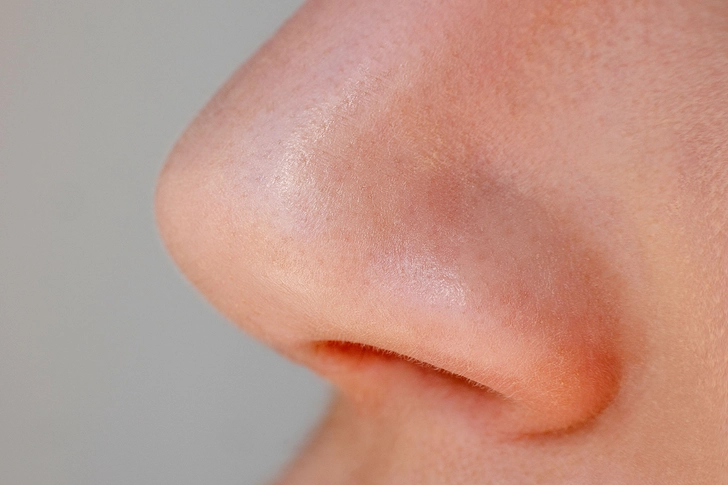
Nose Hair Loss
Many people going through breast cancer treatments like chemotherapy expect scalp hair loss. But not everyone is prepared for other types of hair loss, like nose hair loss. In fact, chemo can cause you to lose your pubic hair, underarm hair, eyebrows, and eyelashes, too. Losing the hairs inside your nose may cause a runny nose and affect how sensitive you are to smells. But hair loss — including losing the hair in your nose — is usually temporary. Chances are, it’ll grow back after your treatment ends. Until then, having some tissues on hand can help if you get a runny nose.
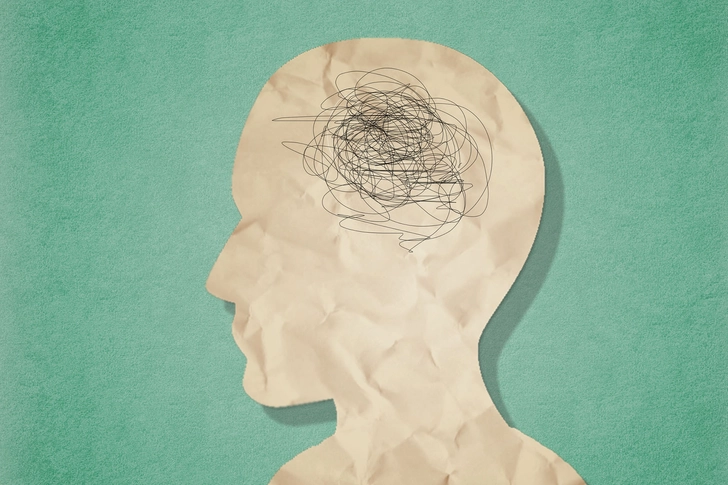
‘Chemo Brain’
If you feel mentally foggy or more forgetful than usual, you’re not alone. Many people with early to locally advanced breast cancer report having "chemo brain" after chemotherapy treatment. But cancer itself or other conditions, such as anemia, can also cause chemo brain. You may have trouble:
- Finding the right words when you speak
- Remembering things that happened recently
- Focusing on short tasks or activities
- Keeping track of appointments or other important dates
Sometimes, chemo brain goes away on its own. But you may want to try a few coping strategies, such as:
- Getting good-quality sleep
- Treating conditions such as anxiety and depression
- Using a memory aid, like a recorder, to keep track of things
- Getting at least five minutes of exercise per day
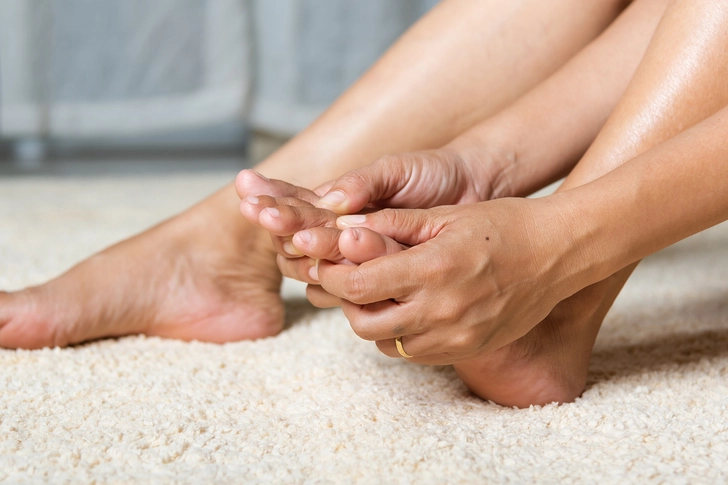
Pins and Needles (Peripheral Neuropathy)
Some breast cancer treatments — including chemotherapy and some targeted therapies — damage your peripheral nerves. These nerves are closest to the surface of your skin. This can cause a "pins and needles" feeling called peripheral neuropathy. You may also feel:
- Dizzy, light-headed, or off balance when you get up
- Shooting, stabbing, or burning pain
- Numbness or tingling
- More sensitive to hot and cold
Your doctor may prescribe antidepressants, epilepsy medication, or topical gels and creams. To manage symptoms, you can also try acupuncture or relaxation exercises, such as yoga or tai chi says Bao, who’s also the co-director of the Zakim Center for Integrative Therapies and Healthy Living at Dana-Farber.
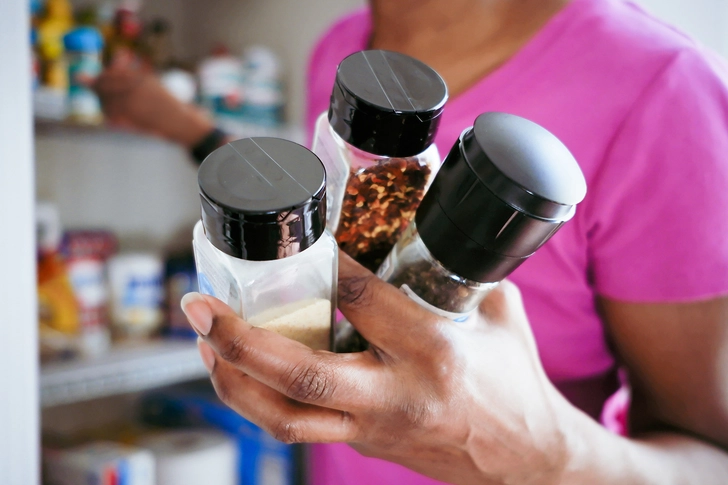
Food Aversions and Taste Changes
Some treatments, like targeted therapies and chemotherapy, can damage your taste buds, making food taste bland, bitter, metallic, or even rotten. If your favorite foods don't taste like they used to, try flavoring food with extra herbs and spices. Sometimes, trying new foods you’ve never had before can help with taste changes. Just don’t make yourself eat foods that don’t taste good to you. Other tips include:
- Rinsing your mouth with salt water before you eat
- Using bamboo chopsticks or plastic forks, spoons, and knives if your food tastes too metallic
- Having someone else cook for you
- Drinking from a straw
- Chewing gum after eating
If you’re going through chemotherapy, eating hours before a chemo session can help prevent you from feeling disgusted by your favorite foods. This strange side effect should go away after treatment.
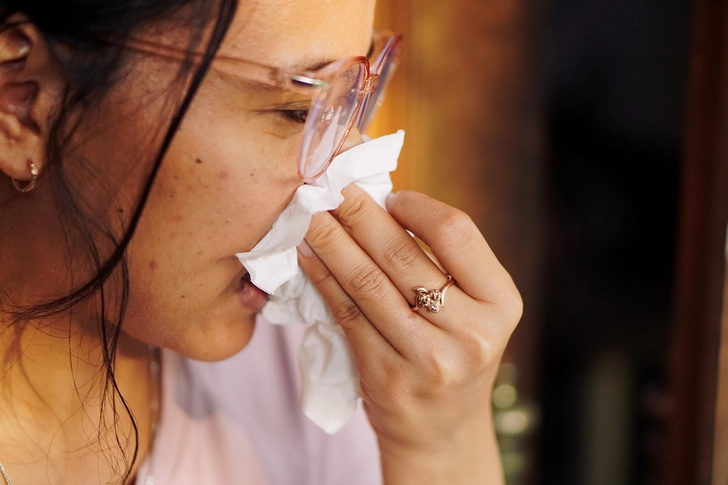
Cold and Flu Symptoms
Symptoms that you may associate with a cold or the flu — such as having a runny nose or feeling congested — can crop up during breast cancer treatment, too. These symptoms show up in people going through chemotherapy, some targeted therapies, and some hormonal therapies. If you have cold and flu symptoms, talk to your doctor. They can tell you what’s expected and what's not.
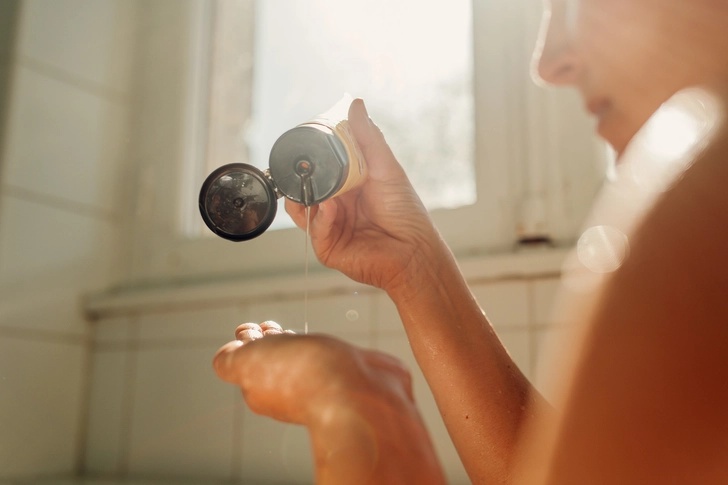
‘Chemo Curls’
Chemotherapy puts stress on your hair follicles, causing hair to grow back curly, thinner, or a totally different color. If your hair was curly before chemo, it may even grow back straight. For many people, these changes are temporary. After chemo, your hair should start to grow back after three to six months. But you might see softer, finer hair start to regrow just six weeks after chemotherapy. Take care of your hair by steering clear of hot styling tools and harsh chemicals, including hair dye. Use gentle shampoos, conditioners, and styling products.

Smell Changes
Depending on your breast cancer treatment, you might notice a change in your sense of smell. Targeted therapies and even pain medication can cause it. Changes in smell are also common during chemotherapy. Some people notice certain odors are stronger or weaker than usual. If you're having a hard time with food smells, try pivoting to colder foods or foods that don’t need to be cooked. Cold foods often don't have as strong of a smell as warmer foods do. For example, try options like sandwiches or yogurt. Lifting lids of covered foods so they're away from your nose, using a kitchen fan while cooking, and drinking through a straw can also help. These changes usually go away after treatment. But for some people, changes in smell may last a while.

Vivid Dreams
Your dreams may become more intense during breast cancer treatment, especially during chemotherapy. Some research suggests it’s not the chemo, but the steroids given with treatment. Other research shows that cancer itself and cancer treatments can cause vivid dreams, along with other sleep problems like hot flashes and night sweats. We need more research to pinpoint exactly why people being treated for breast cancer may have more vivid, intense dreams. If your dreams are bothering you, talk to your care team. They can tell you what might help best. "Try to learn some relaxation techniques, like meditation or yoga, before going to bed," Bao says. "That could potentially help. If it gets really bad, like horrible nightmares, definitely bring it up to your health care provider."
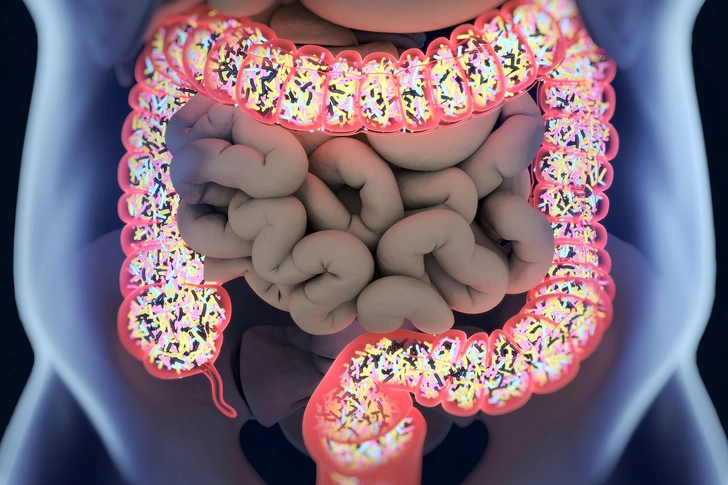
Gas
Gas is an expected byproduct of our digestive system. When you eat food, bacteria in your body break it down and create gas. This gas is usually released when you burp or fart. Farting (also called flatulence) is a normal part of being human. But many people don’t realize their treatment can cause extra gas. When you’re treated for breast cancer, chemotherapy and other medications can make it worse. For example, chemo can speed up or slow digestion. These changes create gas, bloating, and even belly cramps. If you’re dealing with too much gas, try avoiding or limiting things like carbonated drinks and processed carbs such as bread. Eating slowly and chewing your food carefully can also help. "Walking after eating can potentially help with gas," Bao says. "If needed, you can also take some medication to reduce gas."

Skin Changes
Some breast cancer treatments, such as radiation therapy or surgery, can change the color of your skin. Your skin may darken or appear to be a different color entirely, such as yellow, red, green, black, or blue. Your skin may also be more or less sensitive to touch after surgery, chemotherapy, or radiation therapy. Chemotherapy and radiation therapy in particular can cause dry, itchy skin. These treatments can also make your skin peel, blister, or sunburn more easily. These tips can help with skin sensitivity and other skin changes:
- Take shorter baths or showers in lukewarm water.
- Stay out of the sun. (But if you do spend time outdoors, always cover your skin and use sunscreen.)
- Don’t rub sensitive skin.
- Use doctor-recommended skin care products.
- Steer clear of products with alcohol or fragrances.
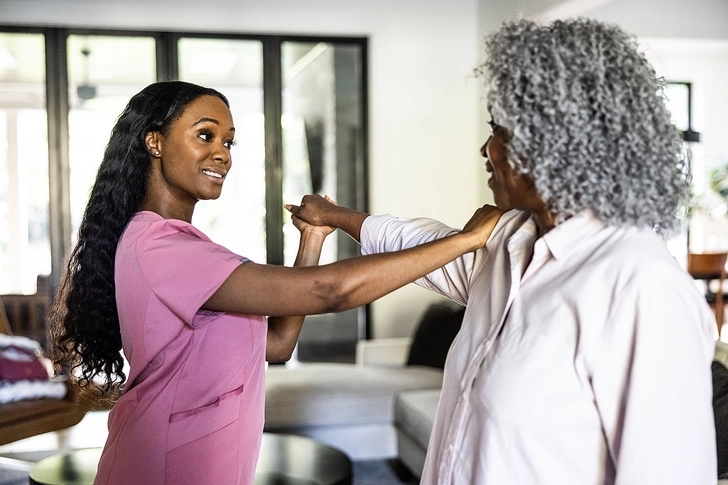
Cording (Axillary Web Syndrome)
Cording, or axillary web syndrome, happens when scar tissue forms into rope-like structures under your arm that you can see or feel. It sometimes happens after an axillary lymph node dissection (ALND) or a sentinel lymph node biopsy (SLNB). These cords can tighten and may hurt, making it hard to lift or stretch out your arm. If you’re dealing with cording, talk to a physical therapist or breast cancer rehabilitation specialist. Make sure you see someone who understands the condition. They can develop a plan that includes things such as:
- Exercises to help you work on stretching, range of motion, and flexibility
- Gentle, moist heating using pads or compresses
- Massage from a health care provider
- Pain relievers
IMAGES PROVIDED BY:
- Moment/Getty Images
- iStock/Getty Images
- Moment/Getty Images
- Moment/Getty Images
- iStock/Getty Images
- Moment/Getty Images
- Moment/Getty Images
- DigitalVision/Getty Images
- Moment/Getty Images
- Moment/Getty Images
- iStock/Getty Images
- Science Photo Library/Getty images
- DigitalVision/Getty Images
Ting Bao, MD, board certified breast medical oncologist; co-director, Zakim Center for Integrative Therapies and Healthy Living, Dana-Farber Cancer Institute, Boston.
Journal of Obstetrics, Gynecology and Cancer Research: "Post-Mastectomy Phantom Breast Syndrome."
Psycho-Oncology: "Sleep-Wake Functioning Along the Cancer Continuum: Focus Group Results from the Patient-Reported Outcomes Measurement Information System (PROMIS)."
UpToDate: "Overview of side effects of chemotherapy for early-stage breast cancer."
StatPearls: "Phantom Limb Pain."
National Cancer Institute: "Skin and Nail Changes during Cancer Treatment."
Northwestern Medicine: "Why Does Your Hair Grow Back Differently After Chemotherapy?"
University of Texas MD Anderson Cancer Center: "What are chemo curls? Understanding post-chemo hair changes," "Chemobrain," "How Do Steroids Work?"
American Cancer Society: "Sleep Problems."
Canadian Cancer Society: "Taste changes."
Breastcancer.org: "Phantom Breast Pain," "Cold and Flu Symptoms," "Taste and Smell Changes," "Gas," "Skin Discoloration," "Skin Sensitivity."
Breast Cancer Now: "Peripheral neuropathy and breast cancer," "What to expect if you lose your hair."
Macmillan Cancer Support: "Hair loss during treatment."
Cancer Hair Care: "Chemotherapy commonly asked Q&A."